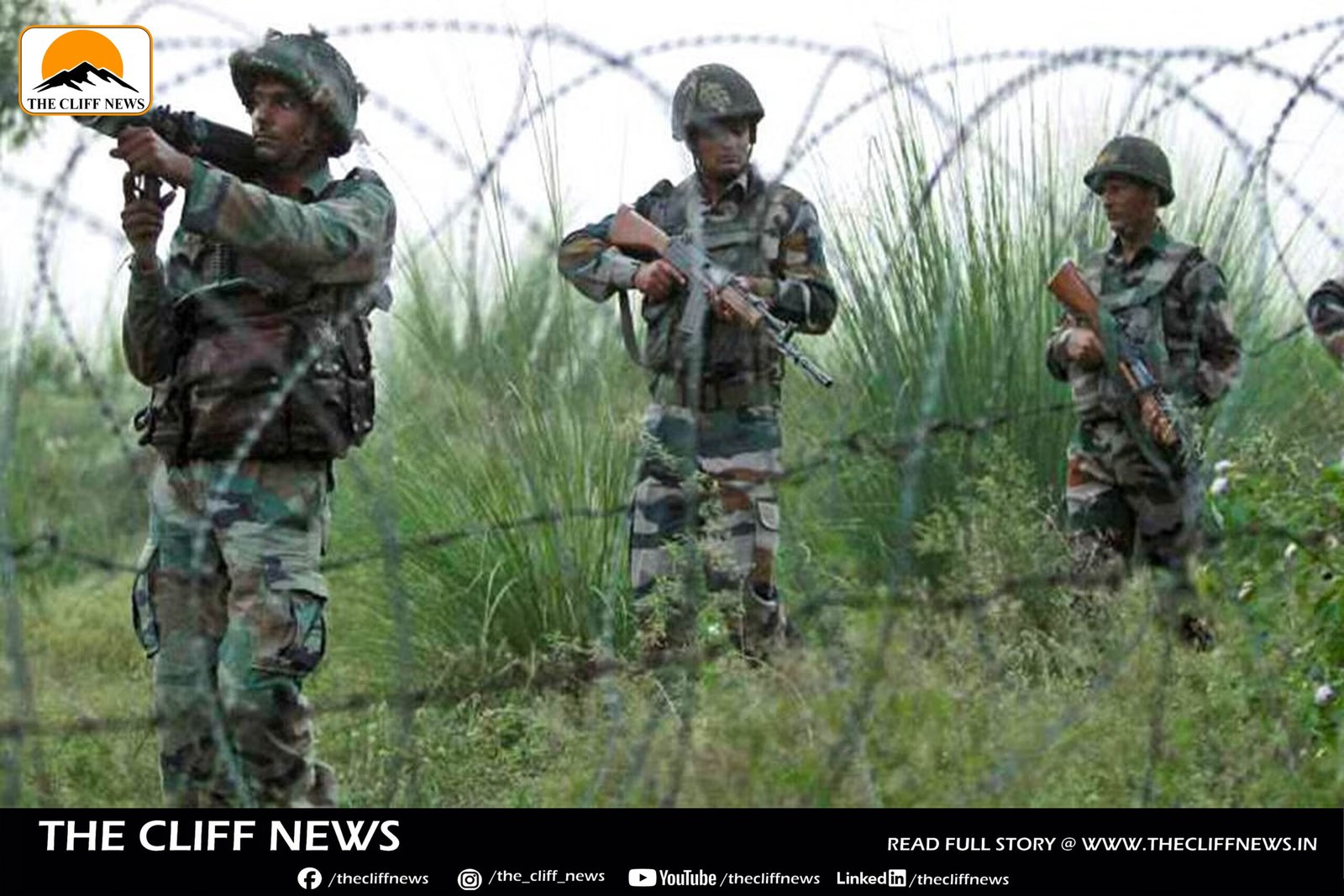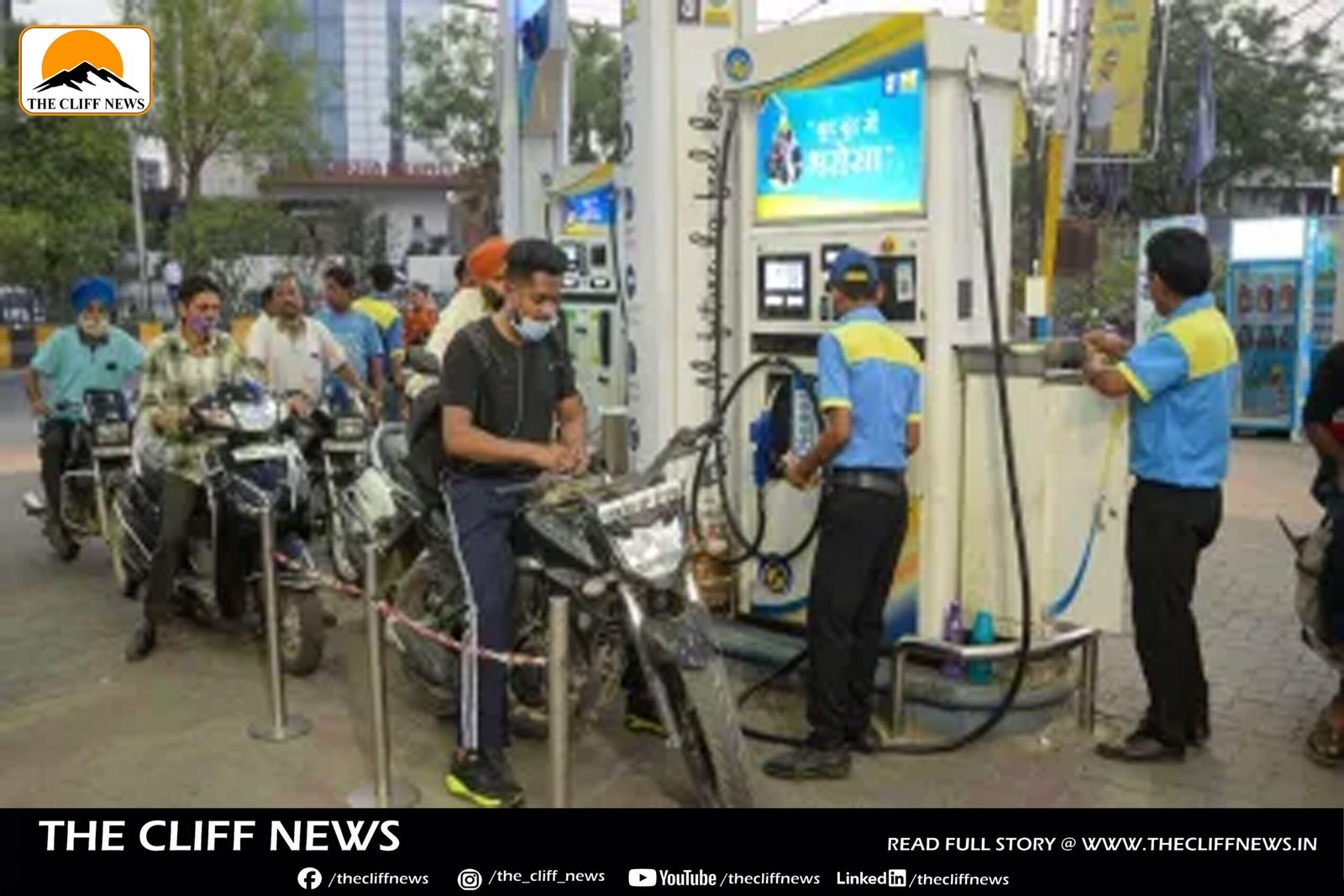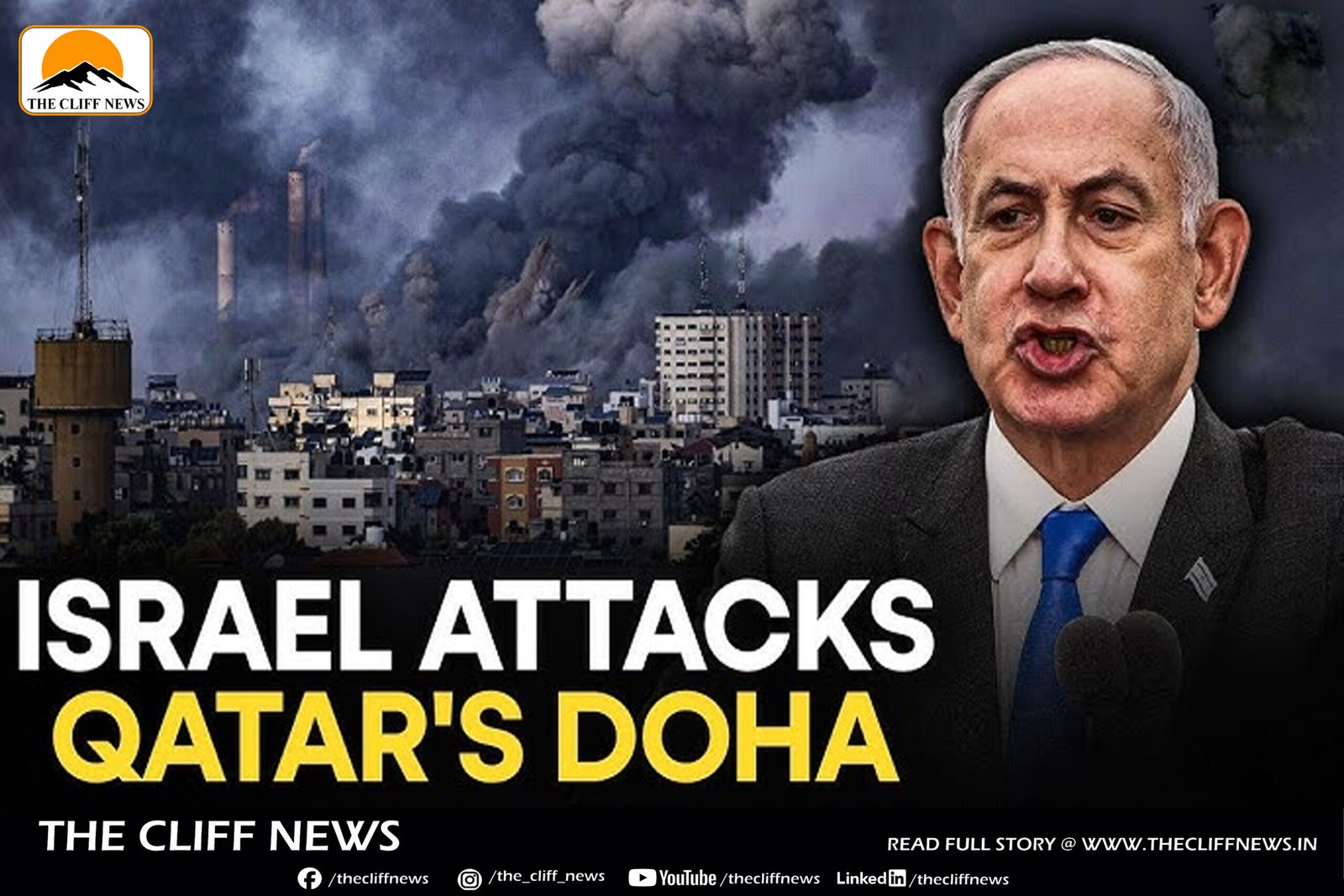India said on Monday it had responded to “unprovoked” small arms fire from Pakistan along the de facto border for the fourth consecutive night, as it intensified its search for militants after last week’s deadly attack on tourists in Kashmir.
The April 22 attack, which left 26 civilians dead in south Kashmir’s Pahalgam area, has heightened tensions between the nuclear-armed neighbors. India has identified two of the three suspected attackers as Pakistani nationals, though Islamabad has denied any involvement and called for a neutral investigation.
Security officials and survivors reported that the militants segregated men by religion at the site — a meadow — and specifically targeted Hindus, shooting them at close range. The attack has sparked outrage and grief across Hindu-majority India, fueling demands for stern action against Pakistan, which New Delhi accuses of supporting terrorism in the disputed Kashmir region, a flashpoint for two previous wars.
In response, India has suspended the critical Indus Waters Treaty, while Pakistan has closed its airspace to Indian airlines. Meanwhile, China urged both countries to exercise restraint and welcomed any steps aimed at reducing tensions.
The Indian Army stated it had retaliated against “unprovoked” firing from multiple Pakistan Army posts around midnight on Sunday along the 740-kilometre (460-mile) Line of Control (LoC), but did not report any casualties. Pakistan’s military did not respond to a request for comment.
Separately, Pakistan’s army reported killing 54 Islamist militants attempting to cross from Afghanistan over the past two days. These developments add another layer of complexity to the volatile regional situation.
In Indian Kashmir, security forces have launched a massive crackdown following the attack. A local police official told Reuters that around 500 individuals have been detained for questioning, after searches of nearly 1,000 houses and forested areas. At least nine houses have reportedly been demolished during these operations.
State political leaders have urged authorities to act carefully to avoid harming innocent civilians. “This is the first time in 26 years that I have seen people coming out to say they are not with this attack,” Jammu and Kashmir Chief Minister Omar Abdullah said, addressing the legislature. “Militancy will end when people are with us, and today it seems like people are getting there,” he added.
Meanwhile, the militant group Kashmir Resistance, also known as The Resistance Front, initially claimed responsibility for the attack but later retracted its statement, blaming a “cyber intrusion” for the earlier post. The group is considered an offshoot of the Pakistan-based Lashkar-e-Taiba by Indian security analysts.



